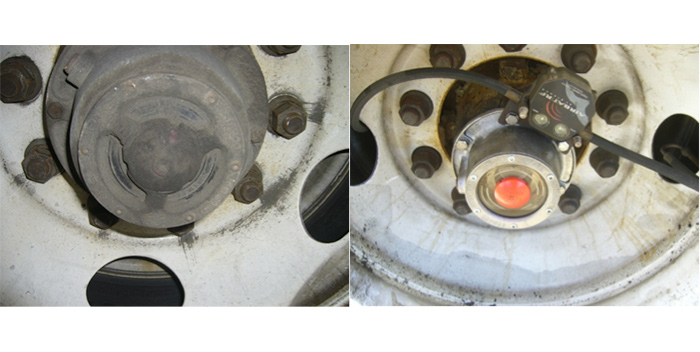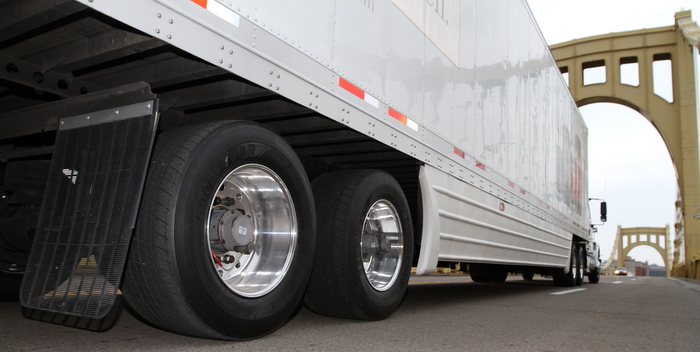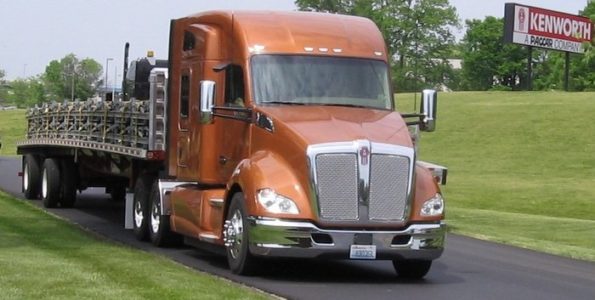Once again, the Citgo/Fleet Equipment Top Green Shop contest is underway and it’s time to remind fleets that we are in search of those operations that are striving to make a difference by ensuring that their shops are environmentally friendly.
Fleets that wish to enter the Citgo/Fleet Equipment Top Green Shop contest need to write a 300-word statement outlining the ways in which they have made significant strides toward building an environmentally friendly maintenance shop. The panel of judges is looking for multiple examples of ways fleets have reduced and/or recycled waste, complied with government regulations and employed other “green initiatives” that make them a viable candidate for the award. This includes details on recycling and disposing of waste, compliance with EPA regulations and comments on all programs that have lowered the fleets’ carbon footprint.
Here is an example of green initiatives submitted by previous award-winners:
• Skylights added to increase vision and for the ability to turn off shop lights
• Outside companies hired to remove waste fluids
• Waste oil is sold for recycling
• Fleet has built its own recycling equipment for fuel filter oil recycling
• Incorporated smart chargers for recharging batteries
• Incorporated spill control stations in shops
• Incorporated 6-Sigma Lean System to expedited tool availability and service procedures
• Infrared radiant natural heaters, which better direct heat
• Eight-foot ceiling fans
• Roofing material is Solar Reflectance Index 80
• All HVAC is energy efficient
• Zero use of CFC refrigerants
• Infrared sensor faucet
• Automatic flush valves, tank-less and point-of-use water heaters
• Four-post lifts for PMs
• Waste oil, filters and antifreeze picked up by licensed disposal company—all materials recycled
• Go Rags versus shop rags since no cleaning is involved, just proper disposal
• Mounted wheel program, no voids for water/mosquitoes
• Wheel refurbishing program with tire supplier, no spraying of wheels in the shop
• All oil/water separators pumped on a regular schedule by licensed provider
• All parts washers cleaned by licensed provider
• Insulated/electric roll-up doors
The judges are Technology and Maintenance Council members, all of whom have 15+ years of trucking fleet maintenance experience. They look for applications that reflect significant improvements in the way fleets carry out shop maintenance procedures, as described above, which qualify the fleet as an exceptional “green shop.” To enter, look for the form in each issue of FE (it’s on 49 in the May issue) and mail or fax it to us. You also may enter online at by clicking here. Entries are being received from now until Oct. 1.









